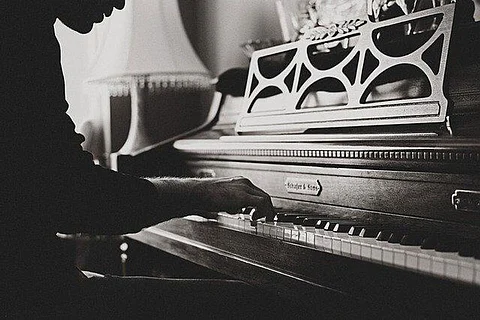If you want to buy an instrument, the easiest and safest way is to visit your local piano stores, play on the used pianos they have in stock, and buy the one you like best. Of course, there's also the new piano option, which gives you a pristine, factory-fresh model. However, John Perry explains: "My advice, particularly for beginners, is to get a used piano in good condition. A well-maintained instrument that has never been wet or otherwise damaged is practically as good as a new one." It is important to have a piano technician check it out for you first. It will cost you to have them take a look, but their expertise can save you from paying too much or buying an instrument that will break down.


